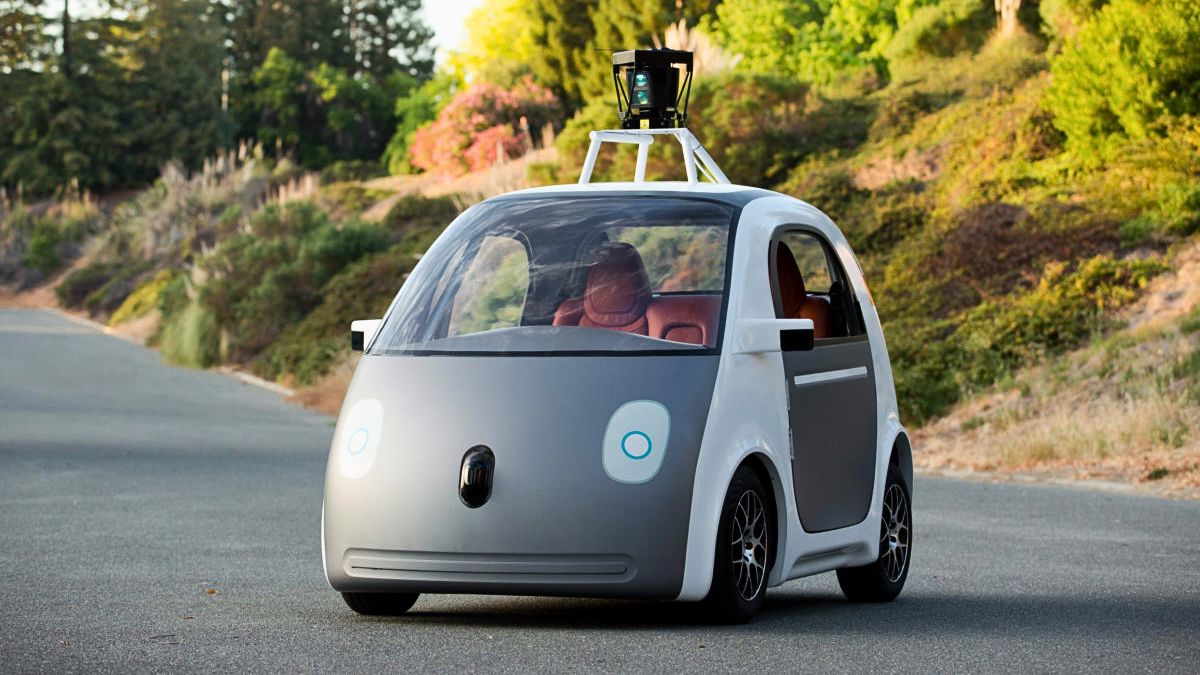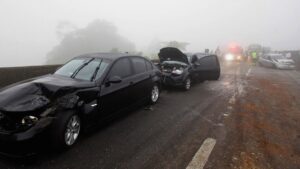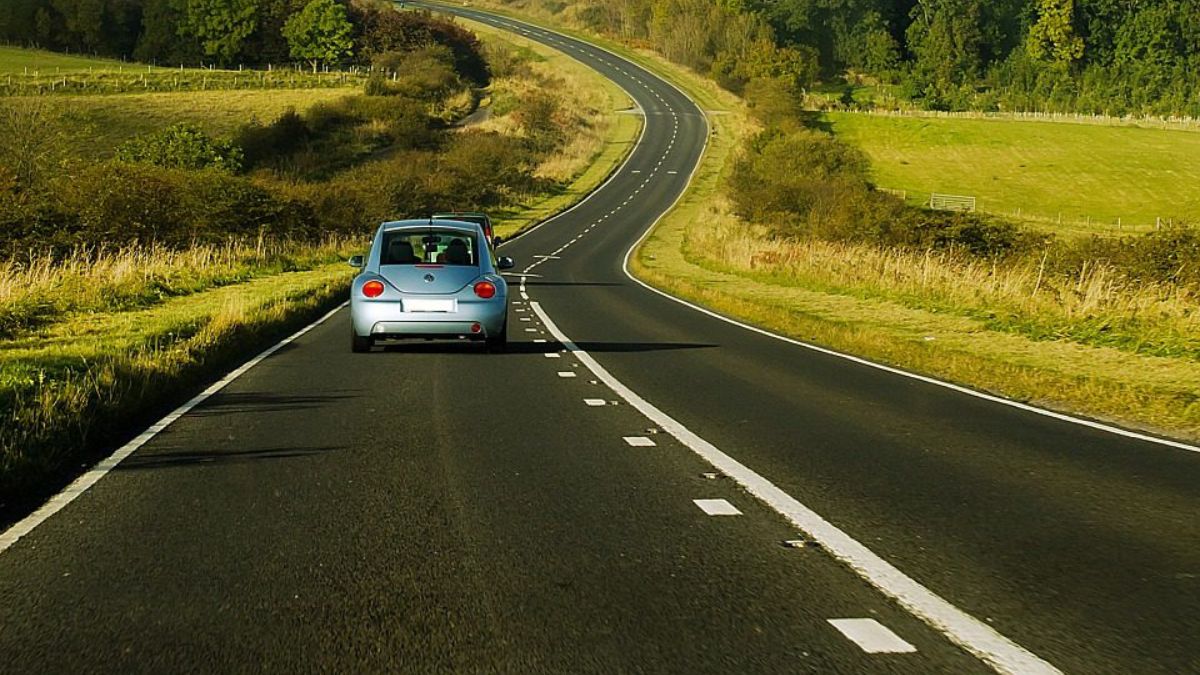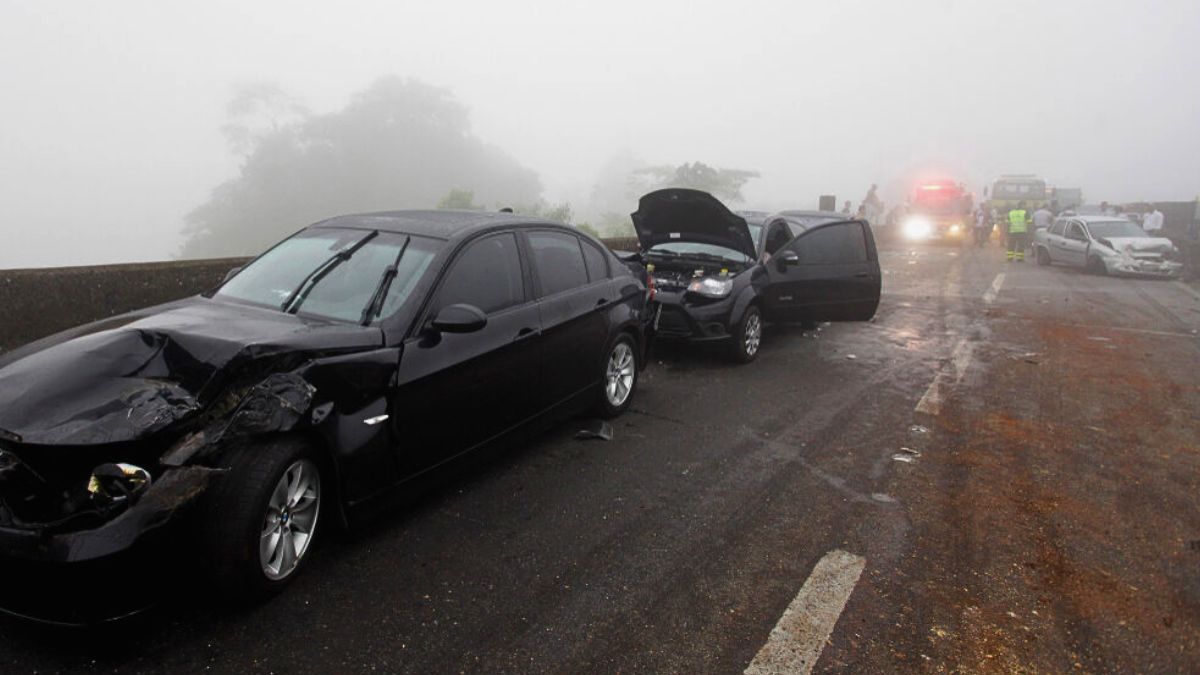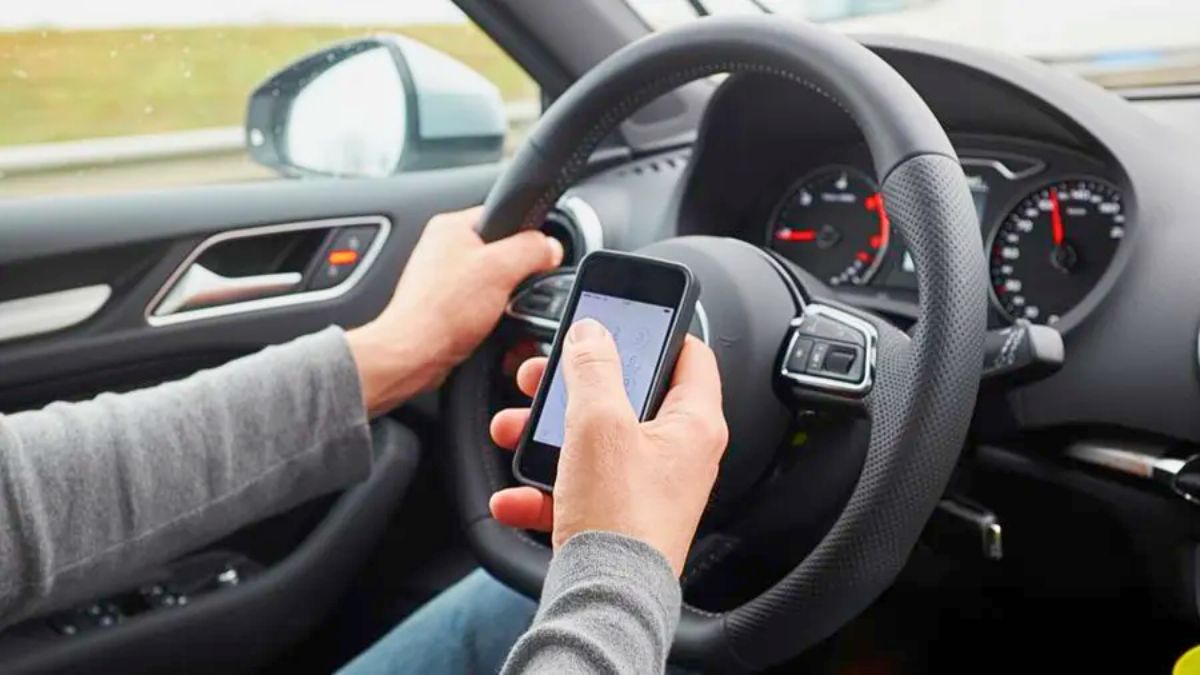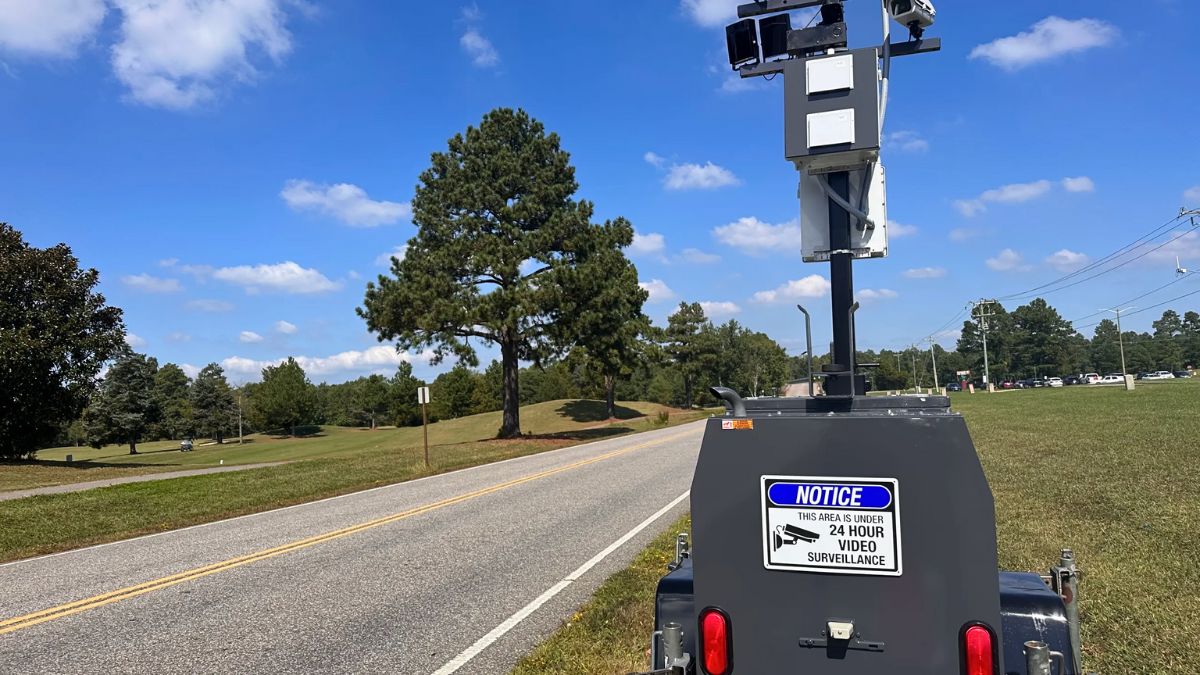Virginia is quietly becoming a key player in the race toward autonomous vehicles (AVs). While you might think of Silicon Valley or Detroit when you hear about self-driving tech, Virginia is carving out its own lane. From cutting-edge test tracks to smart road infrastructure, the state is laying the foundation for a driverless future.
So, what exactly is Virginia doing to prepare for autonomous vehicles? Let’s cut in.
Infrastructure
Virginia is seriously investing in AV-friendly infrastructure. One of the state’s most significant moves is the development of Smart Road by the Virginia Tech Transportation Institute (VTTI). This 2.2-mile stretch of road near Blacksburg is no ordinary test track—it can simulate rain, fog, snow, and even different lighting conditions.
Beyond the test tracks, real highways are getting smarter too. The Virginia Department of Transportation (VDOT) is upgrading sections of Interstate 66 and I-95 with sensors, high-speed fiber networks, and dedicated short-range communication (DSRC) systems. These allow vehicles to “talk” to each other and to the road—kind of like having walkie-talkies that help them avoid accidents.
Partnerships
Virginia isn’t doing this alone. The state is forming strong partnerships with tech firms, automakers, and research institutions. Programs like Virginia Smart Community Testbed in Stafford County allow startups and researchers to test AVs in real-world environments.
There’s also GO Virginia, an initiative that connects the public and private sectors to accelerate regional economic growth, especially in the tech and transportation fields. By working together, these partnerships fast-track innovation and safety standards for AVs.
Legislation
No one wants to be stuck in regulatory limbo, especially when safety and public trust are at stake. Virginia has already passed laws allowing the testing of autonomous vehicles on public roads, even without a driver inside. The key requirement? The company must meet safety standards and notify the Department of Motor Vehicles (DMV).
In fact, Virginia was one of the first states to join the Automated Vehicle Proving Grounds initiative launched by the U.S. Department of Transportation. This gives it a head start in creating policies that other states may follow.
Safety
Safety is at the core of Virginia’s AV strategy. VTTI and VDOT constantly collect and analyze data to monitor the performance of AV systems during testing. They’re not just trying to launch new tech—they’re making sure it actually works in real-life scenarios.
And with the Virginia Automated Corridors, vehicles can travel through selected highways and urban areas that are fully mapped and tested. It’s like giving autonomous cars a well-lit, paved runway instead of letting them learn to fly in the dark.
Economy
So, why is Virginia investing so heavily in autonomous vehicles? Jobs and economic growth. By becoming an early adopter, Virginia is positioning itself as a leader in transportation tech. Think of it like planting seeds in fertile soil—those who get in early will reap the biggest rewards.
The state is already seeing the ripple effects: new startups are emerging, tech firms are setting up shop, and universities are drawing in more research dollars. The goal? Make Virginia a hub for mobility innovation.
Virginia’s Key AV Initiatives
| Initiative | Focus Area | Lead Organization |
|---|---|---|
| Smart Road | Testing & Research | VTTI |
| Virginia Smart Community | Real-world AV Trials | Stafford County |
| Automated Corridors | Highway AV Integration | VDOT |
| GO Virginia | Public-Private Partnerships | State Government |
| AV Legislation | Legal Framework | Virginia General Assembly |
Virginia might not be the first place that comes to mind when thinking about driverless cars, but it’s quietly building one of the most comprehensive autonomous vehicle ecosystems in the country. With the right mix of infrastructure, partnerships, laws, and safety measures, the state is gearing up for a future where your next ride might not need a driver at all.
FAQs
Is Virginia testing self-driving cars?
Yes, through Smart Road and public-road testing programs.
Are AVs legal in Virginia?
Yes, AVs are allowed on public roads with safety measures.
What’s the Smart Road in Virginia?
It’s a high-tech test track for autonomous vehicle testing.
Who’s involved in Virginia’s AV efforts?
VTTI, VDOT, tech firms, universities, and state agencies.
Why is Virginia focusing on AVs?
To boost safety, tech growth, and job creation.
